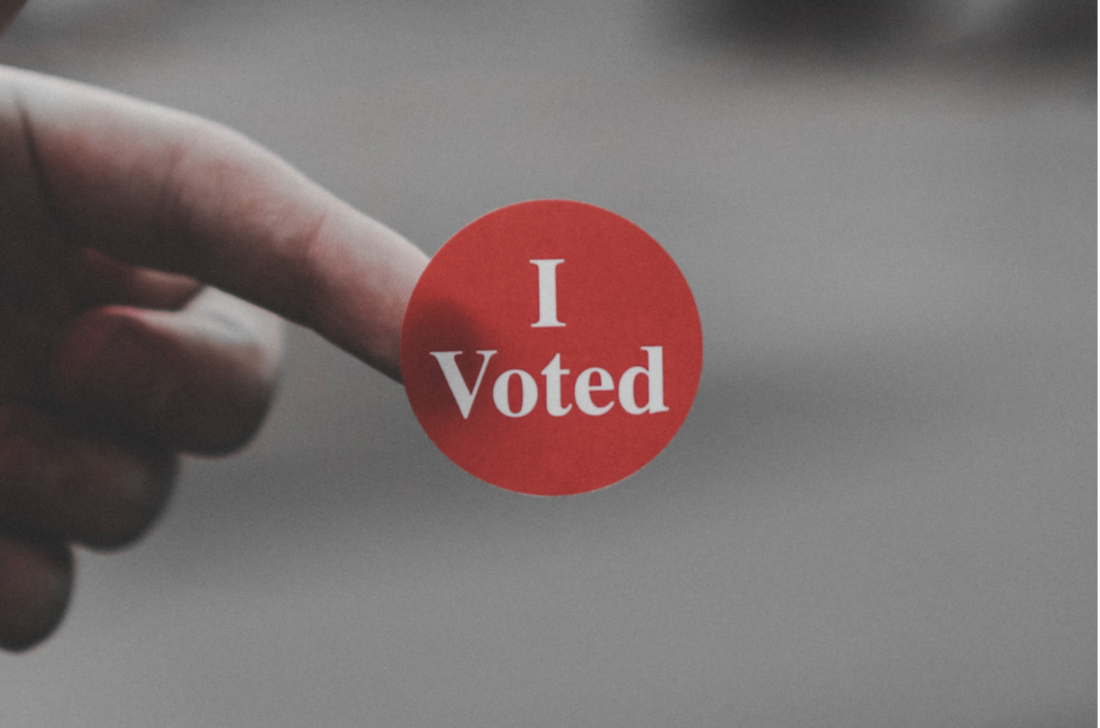Over the past few decades, many nonpartisan political groups have highlighted electoral reform as a way to improve our electoral system and make it more representative of the views of the people. The nonpartisan organization FairVote has pushed for ranked-choice voting, a system in which voters rank each candidate on the ballot and a computer runs instant runoffs to determine a winner. RepresentUs calls for open primaries and independent redistricting to solve for partisan gerrymandering. UniteAmerica had pushed for expanded mail-in voting well before the pandemic arrived, arguing that such an electoral system would allow constituents to cast their ballots from the comfort of their homes and get more time to research their candidates. The list of similar reform-minded organizations goes on and on.
These structural reforms to how we vote have gained mainstream momentum, but support has mainly come from the Democratic Party. Former Democratic presidential candidates Andrew Yang, Michael Bennet, Bill Weld, and Elizabeth Warren have all supported ranked-choice voting. Meanwhile, Republicans in Maine are furiously fighting against the ranked-choice voting system set up in their state. Similar stories play out for other reforms of this kind, such as mail-in voting and ballot drop boxes.
This partisan split may be a result of what each party perceives as a promise or threat to its own power. In these electoral reforms, there is potential for the Democratic Party to see gains — in our current zero-sum game, that means that Republicans could lose from passing these reforms. However, these reforms have a genuine possibility of improving our democracy and our electoral system.
For example, ranked-choice voting could hurt people with a smaller, but stronger base. This has been a concern in Maine, where most of the elections had been won not on a majority but on a plurality before the implementation of ranked-choice voting. In this case, the Maine Republicans against ranked-choice voting have leveraged concerns that ranked-choice voting “threatens the rights of all Mainers and delegitimizes our election process.” Organizers for ranked-choice voting rebut that “When we’re talking about opposition to RCV, we’re talking about the Republican party insiders, the establishment, the elite. Change is never easy for people that benefit from the status quo, from the people with power who are holding more of the cards.” That is true. In theory, a party that needed only 30 to 40% of the vote before now needs to campaign for 50 to 60% of the vote in order to win elections, requiring a shift toward the middle for both parties and an appeal to independents.
Another unwelcome reform is abolishing the Electoral College, which may similarly turn the tide of power away from the Republican Party. In its current form, the Electoral College places an outsized emphasis on swing states. If abolished, the areas that see the most campaigning would be those with the most people, which tend to mean cities, which often lean Democrat. While it would lead to a more majoritarian approach, abolishing the Electoral College might potentially hurt Republicans — in both the 2000 and 2016 presidential elections, the Electoral College overruled the popular vote and handed the presidency to Republicans over Democrats.
Another potential reform is nonpartisan redistricting, which would mean that state legislatures would no longer have the power to draw district lines in their favor. While both parties aim to draw district lines in their favor, Republicans engaged in an especially large wave of gerrymandering in 2011 that still helps them carry districts now. It is no surprise, then, that many Republican lawmakers oppose gerrymandering reforms — such cases have played out in Missouri, Pennsylvania and Ohio, among other states. While it seems intuitive that the party in power should not be able to change the rules of the game to consolidate their power, it is often hard to persuade the party in power to give up its advantages. This is one reform that works the other way as well, as Democrats who have gotten the chance to engage in gerrymandering have historically worked to consolidate their own power and oppose nonpartisan redistricting.
Efforts to reform the redistricting process are getting especially strong due to the 2020 census, which will be used to redraw district lines and reapportion seats in the U.S. House of Representatives. In Virginia, Republican and some Democratic legislators worked to push through an independent redistricting amendment before the 2020 census that succeeded. The Democratic Party, which had been projected to remain in power in the state, does not support this amendment, despite supporting nonpartisan redistricting 10 years earlier when the Republicans were in control. At the root of many of these struggles are power and partisan control, not calls for a better democracy.
When such “nonpartisan” reforms are used to strengthen the control of one political party or the other, it undermines the sanctity of efforts that supposedly lie above the partisan fray. Instead, it aggravates extreme partisanship that has consumed our country. Such polarization has led to partisan gridlock, which halts legislative action. Intentions matter, and if the intentions for why certain reforms are either pushed or opposed are not examined, then our ability to improve our democracy will be significantly hindered.
Image by Parker Johnson is licensed under the Unsplash License.



